The history of the Faculty of Education at the UPN backs to 1928 when a need arose to train “Teachers” for Teacher Training Colleges: “Teaching Teachers”. . The first specialization was in Physics and Chemistry at the Escuela Normal de Varones de Tunja. It is noteworthy who received the specialization courses practiced directly at the Teacher Training College.
In 1932, a one-year “Pedagogical Orientation Course” was established in Bogotá aimed at school directors and led by educator Agustín Nieto Caballero. The following year, the “Information Course for Graduate Teachers” was created focusing on physical, chemical, and biological sciences, and attached to the Instituto Pedagógico Nacional for young ladies under the direction of Francisca Radke and guided by the German mission and a group of Colombian teachers. During the same year, Radke established the Kindergarten as an extension of the Instituto Pedagógico Nacional, serving as a practice center for future preschool teachers.
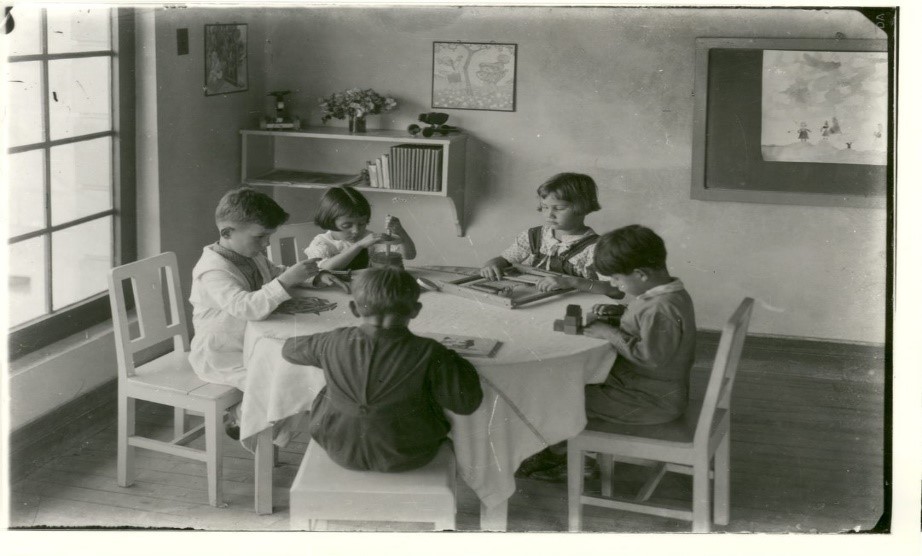

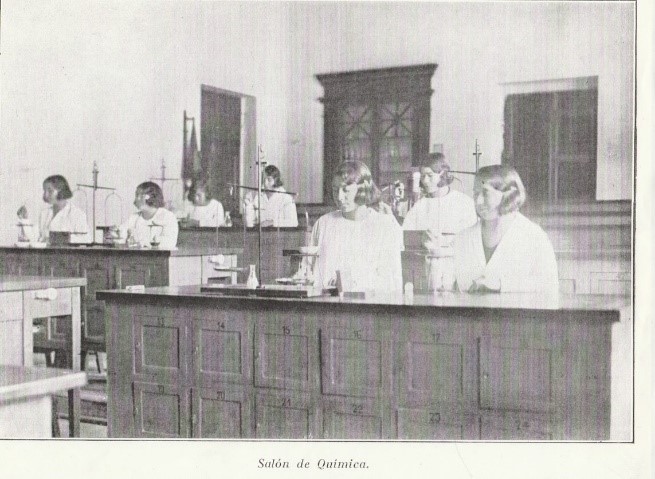

The Faculties of Education in Bogotá and Tunja were established in 1933, taking advantage of the pedagogical experience from Pedagogical Orientation Courses in Tunja, Bogotá, and Medellín, and also the Training Courses for Graduated Teachers. Such an important historical event occurred during the government of President Enrique Olaya Herrera. The Faculty of Education Sciences was officially established as a part of the Universidad Nacional in 1933 under the direction of the Ministry of National Education by Decree No. 1990 of December 5, 1933. A year later, on April 21, 1934, the Faculty of Educational Sciences for Women was created as an extension of that Institute and a part of the Universidad Nacional by Decree No. 857.
The primary objectives of these Faculties were aimed at training of the management staff of the teacher training colleges, training teachers for various subjects at the secondary level, and training teachers for primary schools. After different circumstances, in 1955, Franzisca Radke established the Universidad Pedagógica Nacional Femenina, a cornerstone that provided women with opportunities to advance and contribute to the academic and professional life of the country. In February 1956, the Board of Directors of the University established the Instituto de Maestras de Educación Preescolar, which aimed to train female teachers, but required an academic degree in teacher education.
In 1962, the University changed its name and became a coeducational institution. It positioned itself as a leading university for training educators. In the late 1970s and during 1980s, the Faculty of Education was established with its first degrees in Psychopedagogy, Special Education, and Preschool Education. Those programs were designed to provide professional-level training for teachers.
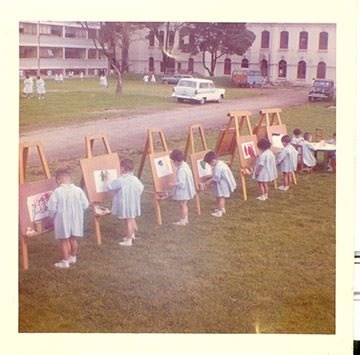

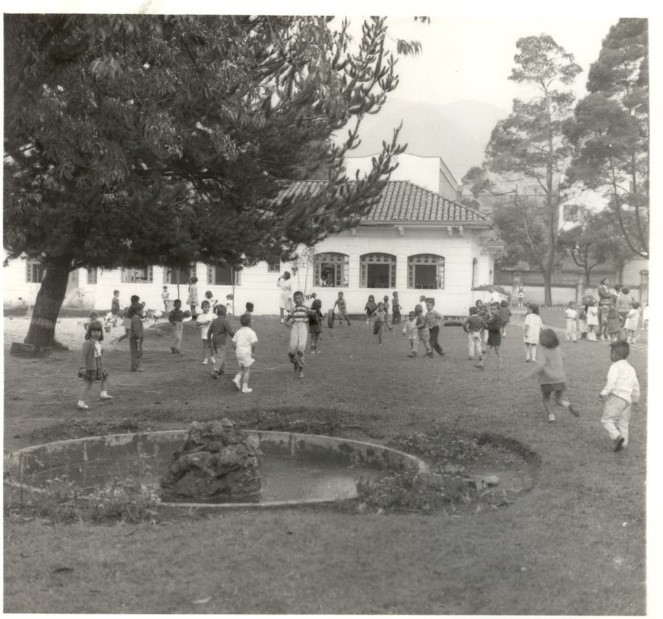

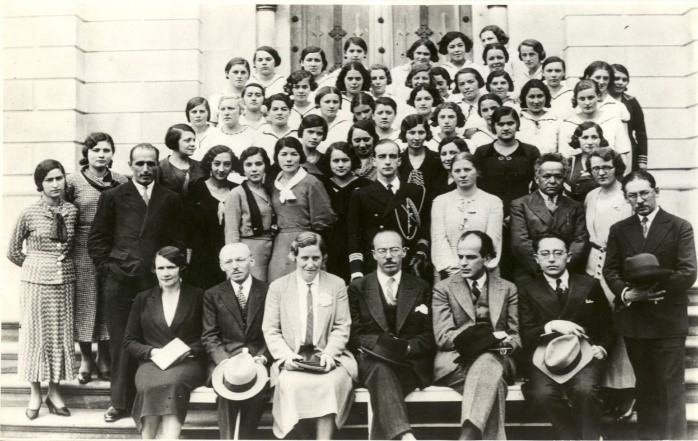

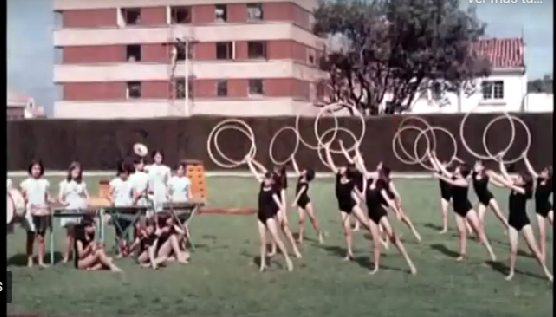

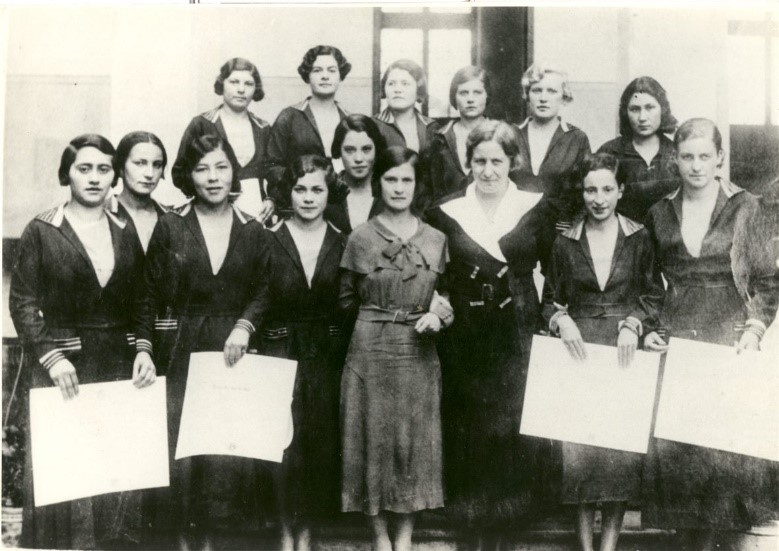

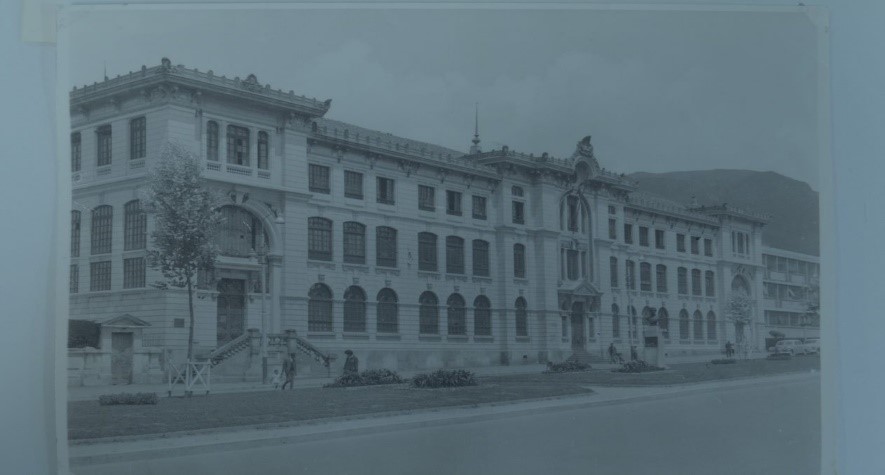








Correo institucional
Instagram
Facebook
X
Canal Institucional - Youtube
PQRSFD